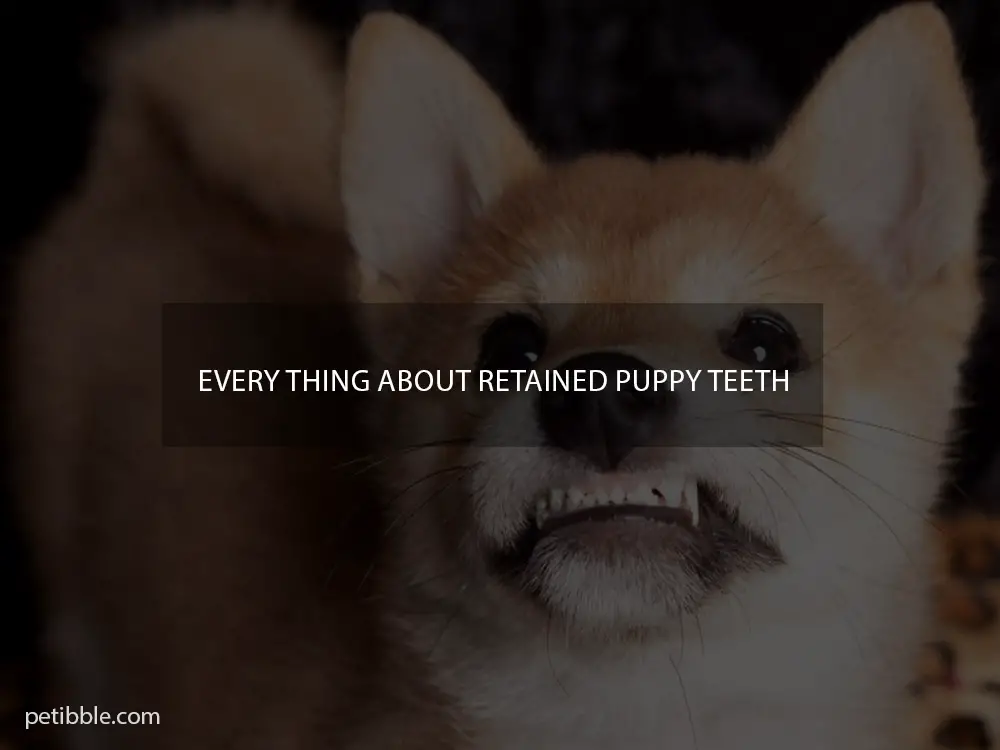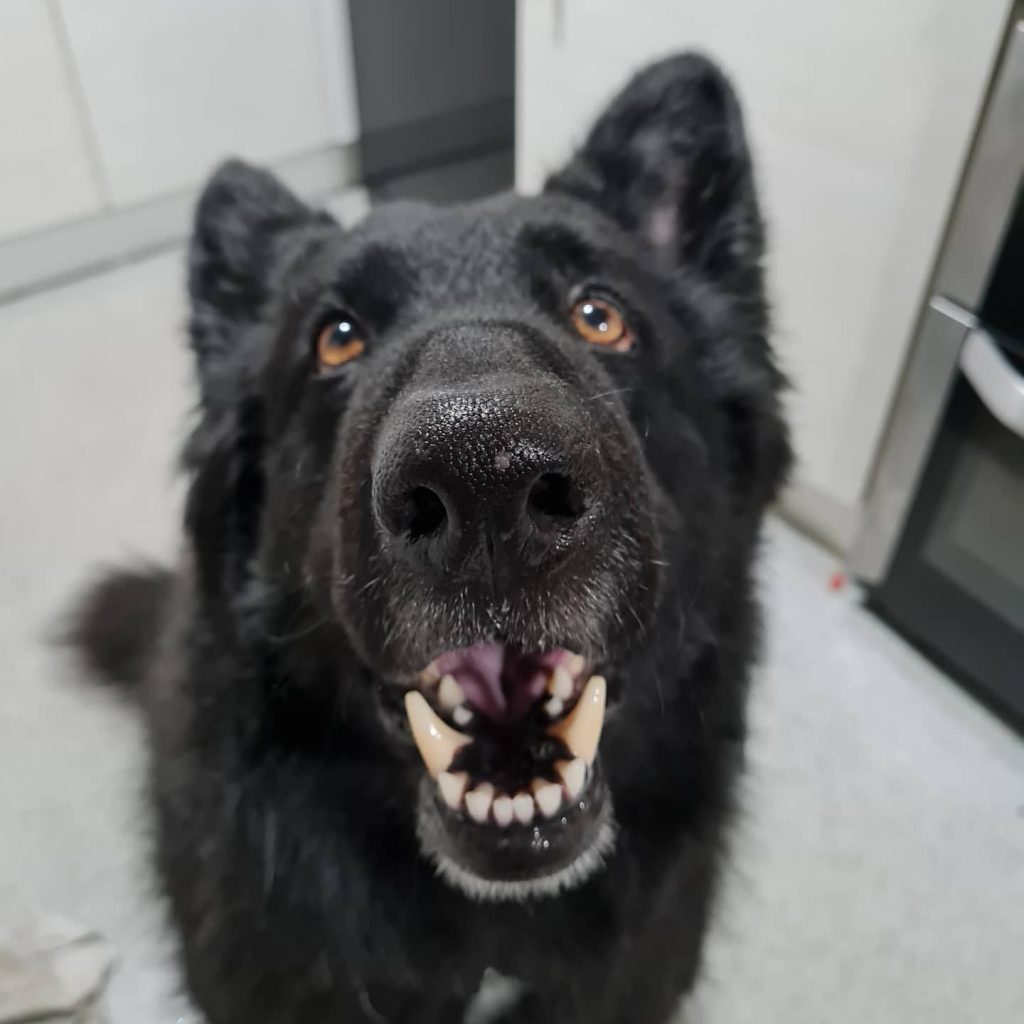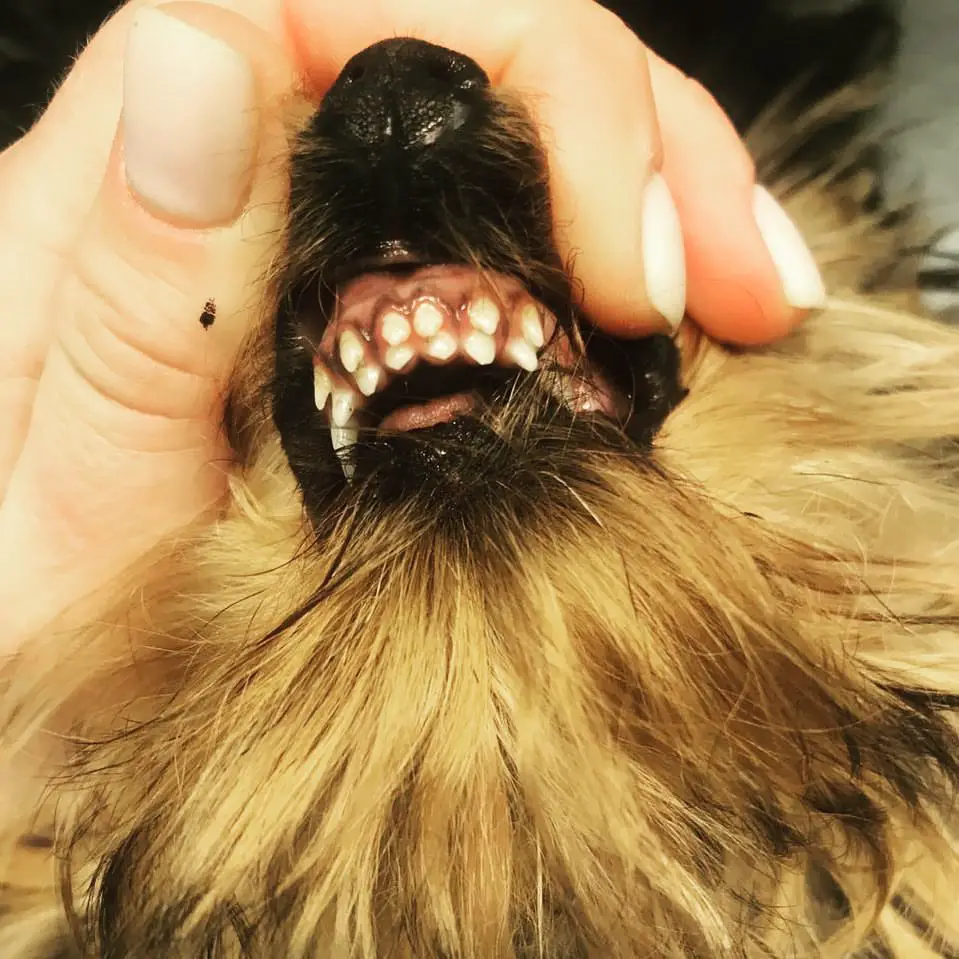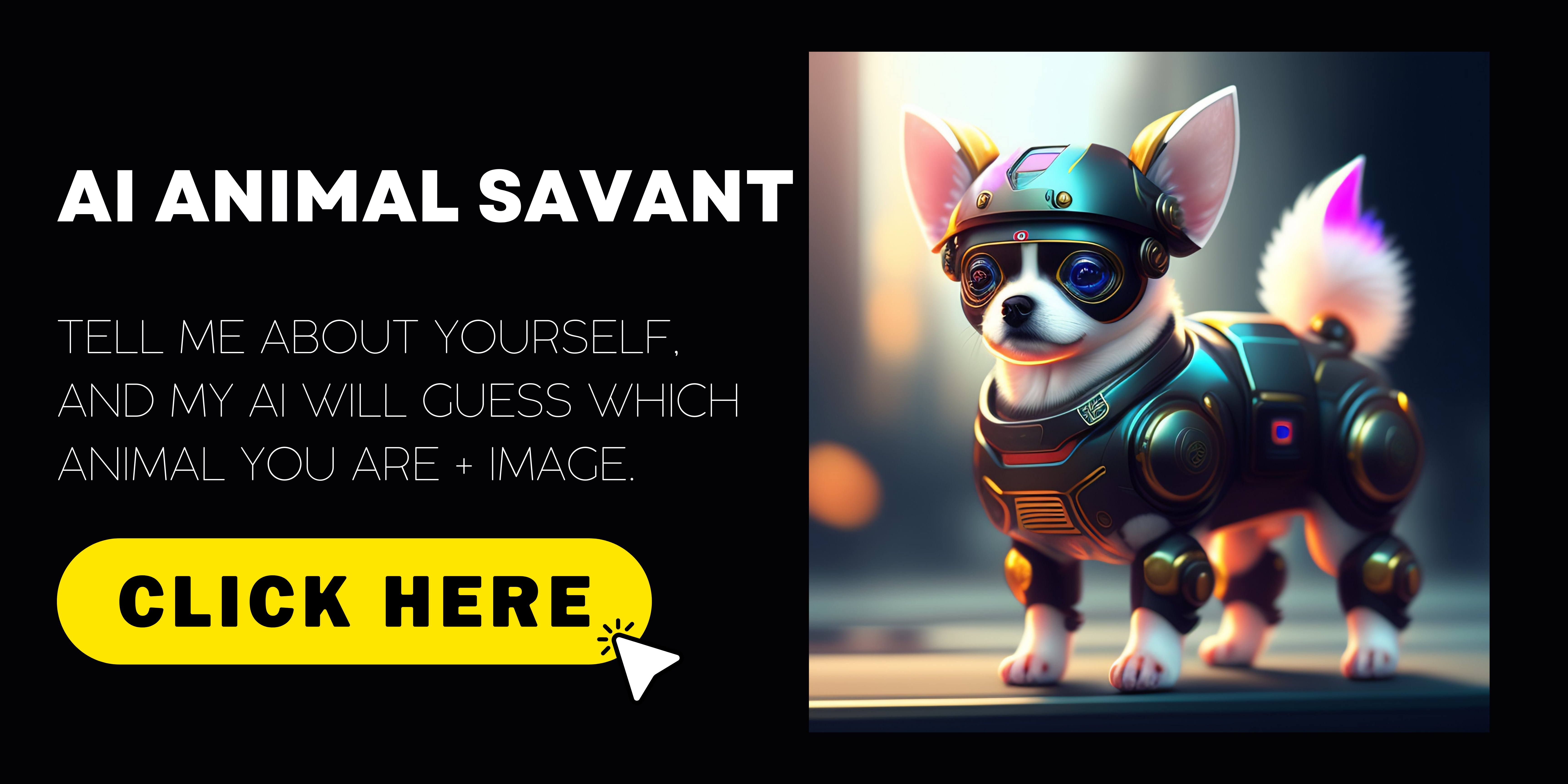Responsible pet owners must understand the risks associated with retained puppy teeth. This condition, in which a young dog’s permanent teeth fail to fall out on time, can lead to severe discomfort and dental problems if left untreated. Thus, it’s important to know what causes retained puppy teeth and the various symptoms to look for. Additionally, vets may recommend waiting for the teeth to fall out naturally before intervening – guidance will be provided on when this should happen. We hope that this article has helped equip you with all of these necessary insights so you can help ensure your furry friend’s overall wellbeing.
Understanding Retained Puppy Teeth
Having retained puppy teeth is a common condition in dogs. It occurs when the adult teeth emerge before the baby teeth are ready to fall out, causing them to be pushed back into the jawbone. If left untreated, this will result in overcrowding and misalignment of the adult teeth. Therefore, it is important to seek treatment for retained puppy teeth when they are identified, in order to reduce the risk of future dental problems.
Retained puppy teeth can be categorized into two types: unerupted and erupted. Unerupted retained teeth are those that are still buried in the gum line, while erupted retained teeth have partially broken through but not completely gone yet. It’s important to assess both kinds of retained puppy teeth for proper dental health.
Untreated retained puppy teeth can potentially lead to oral health issues including decay, gum disease, and infection. Further implications include difficulty chewing food as well as bite problems. Therefore, it is important to monitor your pet’s oral hygiene closely in order to prevent any long-term consequences.
Retained puppy teeth often require veterinary intervention, which typically consists of tooth extraction while the dog is under anesthesia. In certain cases, orthodontic treatment may be needed to rectify any bite misalignment caused by the retained puppy teeth.
Retained puppy teeth are a dental issue frequently seen in dogs. If left unchecked, it can lead to serious health complications, so monitoring the dog’s oral health is of utmost importance. If you believe your pet has retained puppy teeth, make sure to consult a veterinarian as soon as possible. Early intervention can help avoid more severe issues later on.

Signs and Symptoms
Retained puppy teeth are an oft-encountered dental issue in canine companions, particularly toy breeds. The telltale signs of retained baby teeth can include gingival inflammation (i.e., red, swollen, and painful gums) around the retained tooth/teeth, difficulty chewing food or a lack of appetite for hard foods, and bad breath due to bacterial accumulation. Appropriate action should be taken if your pet exhibits signs of this condition.
Ensuring retained teeth are identified in your dog can be achieved through regular mouth examinations. If a double row of teeth is present, this indicates that the adult tooth has begun to grow behind the baby tooth. Other signs of retained teeth include increased salivation and pawing at the mouth area.
Pet owners should conduct regular examinations of their canine’s mouth for the presence of any signs of inflammation, bleeding, loose, or missing teeth. Additionally, adult teeth should be evaluated to ensure that they emerged correctly and in good condition.
It is important to consult with a veterinarian if you suspect that your dog may have retained puppy teeth. A dental exam can provide the best treatment plan, which may include tooth extraction or orthodontic appliances. Early detection and intervention can help prevent more serious dental problems in the future, and ensure proper oral hygiene for your dog.

When to Seek Veterinary Care
Retained puppy teeth occur frequently in puppies and must be addressed by a veterinarian. If left untreated, retained puppy teeth can cause dental issues and other health issues. To prevent the onset of dog dental problems, regular examinations conducted by a vet are necessary.
Retained puppy teeth can cause a great number of issues if not taken care of. If the issue is ignored, it can result in overcrowding and misalignment of adult teeth, making it difficult to chew and eat properly. Additionally, it can lead to inflammation and infection in the gums, which could become serious without proper treatment. It’s important to take action at the first sign of retained puppy teeth in order to avoid any potential health problems.
Prior to taking your pup in for a visit regarding retained puppy teeth, make sure you have all of the essential information. This includes details about their medical history and any current symptoms they may have. If possible, bring along previous dental records or x-rays for the vet to review. Doing so can help ensure that your pup receives the most comprehensive care.
Your veterinarian may suggest extracting any remaining puppy teeth if necessary to prevent dental problems. As prevention is better than cure, regular dental cleanings and check-ups are recommended for your pet in order to support the best possible oral health.
To sum up, acknowledging and treating retained puppy teeth is an important part of maintaining healthy puppies. Scheduled dental check-ups are one way to prevent dental issues from arising in the future; however, if you observe any suspicious symptoms of retained baby teeth, make sure to consult your veterinarian right away to avoid further problems.

How Long to Wait?
Retained puppy teeth are common in young dogs, and usually disappear naturally as the adult teeth grow in. We recommend waiting until six months of age before considering any interventions. In some cases, retained puppy teeth need to be removed surgically if they don’t fall out by themselves, otherwise dental issues such as overcrowding or misalignment may occur.
Puppy teeth typically begin to shed around three to four months, with the incisors falling out first and the molars normally being the last. This timeline can differ depending on breed and individual canine variation. By six months of age, puppies usually have lost all their baby teeth.
Various factors can alter the timeframe for the shedding of baby teeth. As a general rule, breeds of smaller size tend to lose their baby teeth earlier than bigger ones; however, there may be individual cases which deviate from this trend. Aside from breed size, other considerations include hereditary background, nutrition, and overall health condition.
Good dental hygiene is critical for your puppy’s development. It’s important to keep an eye on any changes in dental structure and consult with a vet if you have questions or concerns. Regular brushing and the use of appropriate chew toys can also help ensure that the teeth develop properly. Contact a veterinarian right away if you suspect something irregular with your pup’s oral care routine.
![]()
Prevention and Maintenance
- Regular Dental Hygiene:
In order to ensure dental health, regular toothbrushing for your puppy is necessary. Utilize a soft-bristled brush and toothpaste that has been formulated specifically for canines. Introduce the brushing process slowly, making it a positive experience by providing treats as incentives. With this routine in place, you can work towards preventing any potential dental issues.
- Healthy Diet:
It’s important to ensure your puppy receives a nutritious diet to keep their teeth in good condition. Sweets, starches and other unhealthy snacks should be avoided, as they can lead to plaque buildup and dental issues overtime.
- Chew Toys:
Chewing is an important activity for canine dental health, and providing puppies with chew toys can help keep their teeth clean and healthy. Look for toys that are specifically designed with dental health in mind. Scratching objects made of rubber or nylon can provide relief to aching gums while helping to prevent tartar buildup. Investing in quality chew toys formulated to promote canine oral hygiene will pay off in the long run!
- Regular Dental Check-Ups:
It is important to keep up with your puppy’s oral health by having regular dental check-ups done. Your veterinarian can provide a full examination of your pup’s mouth and gums, and suggest treatments or preventative measures for optimal oral wellbeing.
Conclusion:
To summarize, retained teeth in puppies can cause significant issues if left unresolved. Therefore, pet owners should be mindful of the potential warning signs and seek prompt medical care. Taking effective action early on can prevent more severe dental problems from arising later on down the line.
It’s important to seek professional veterinary care if you suspect your puppy may have retained teeth. Your vet can diagnose the issue and provide an appropriate treatment plan, which could involve dental extractions or other corrective procedures. Remember, good dental health is essential for a healthy smile and strong teeth. As a pet owner, it’s your responsibility to make sure your puppy gets the proper care and attention needed for optimal oral health.





